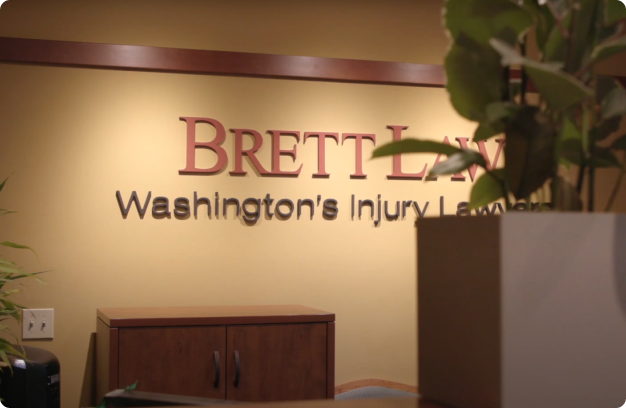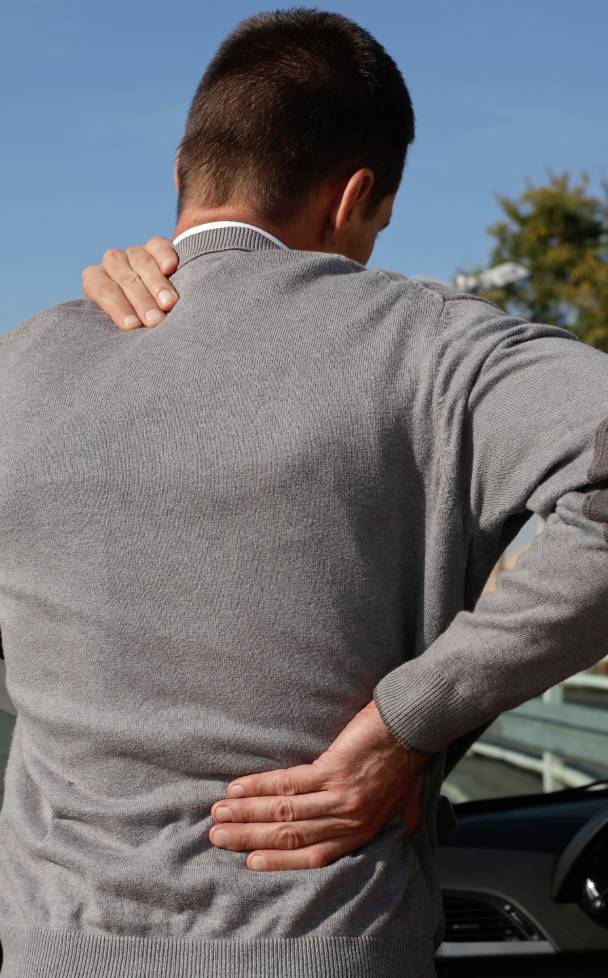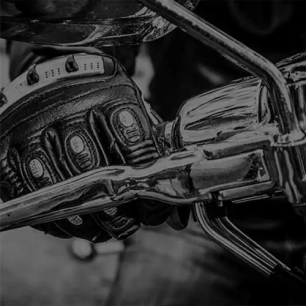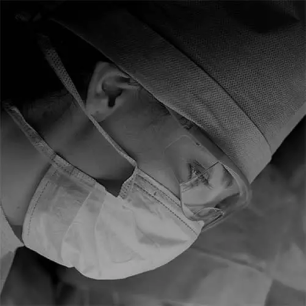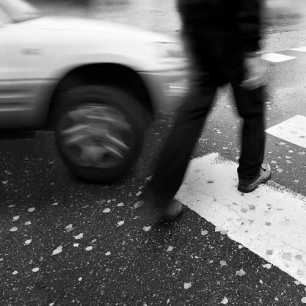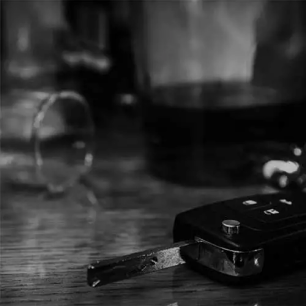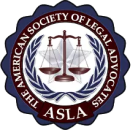Car Accidents
Justice for Your Car Accident Claim Is Available – But You Have to Demand It
The state of Washington is one of the nation’s safer places to drive. Not safe, mind you – just safer than most other states. Statistics fade into meaninglessness, however, once you become one of them. A serious auto accident is a tragedy. However, tragedy becomes monstrous injustice when the injured person is not the one who caused the accident.Washington has created a system designed to restore justice in this situation (at least as far as money damages are capable of restoring justice). The process is far from automatic, however. Justice must be fought for and the arcane rules of liability, evidence, and civil procedure render enforcement a daunting prospect for an injured victim attempting to represent himself.
Most Car Accident Claims Are Resolved Out of Court
Washington offers three main ways for you to secure compensation in the event that you sustain an injury in a car accident:
- Negotiation: Negotiation with an insurance company is the most common way of resolving a car accident claim. The end result is an enforceable settlement agreement.
- Arbitration: Washington law requires you to arbitrate claims of less than $15,000 (less than $50,000 in some counties).
- Trial: If your claim is large enough, and if you cannot reach a private settlement, a full-blown trial might be your only option. Claims proceed all the way to trial less than ten percent of the time.
Regardless of how you end up resolving your claim, the assistance of a seasoned Washington personal injury lawyer is likely to be critical. We understand how difficult the days, weeks, and months that follow a serious car accident can be, which is why we offer our services to you. From the moment you agree to work with us, we will handle all of the paperwork, filings, and negotiations surrounding your car accident.
Personal Injury
Enforcing Personal Injury Claims Is Not Just a Job – It’s Our Mission
The human body is a fragile, easily injured organism, and Washington personal injury law is designed to compensate victims who are injured due to the fault of another. The meaning of “fault” varies depending on the claim – professional negligence (e.g., medical malpractice), ordinary negligence (e.g., car accidents) or strict liability (e.g., products liability and dog bites).
If you win your claim, you could be entitled to compensation for:
- Past, present, and future medical bills;
- Lost earnings or lost earning capacity;
- Incidental expenses such as travel expenses to and from clinics; and
- Pain and suffering, mental anguish, and/or other intangible losses.
Washington, unlike most states, does not allow punitive damages.
Washington’s “Pure Comparative Negligence” Rule
A few decades ago, U.S. courts would award a personal injury victim either all of his damages or none of them, even if he shared fault for the accident. These days most states, including Washington, have adopted a “comparative negligence” rule that apportions fault between the parties and in some cases allows a victim a partial recovery even if he was partially at fault.
There are three versions of “comparative fault” currently used by the various states. The version used in Washington is called “pure comparative negligence.” Under this system, the victim loses whatever portion of his damages that equate to his own percentage of fault. Theoretically, then, he can recover one percent of his damages even if he was 99 percent at fault.
Washington’s comparative negligence regime is yet another reason why you are likely to need a lawyer to maximize your recovery. This negligence scheme can get complex very quickly, especially if you’re trying to figure it out after having just been the unfortunate victim of a personal injury. If you have questions about the negligence involved in your personal injury, contact us today.
Wrongful Death
Washington State Law Provides a Legal Remedy
The death of an injured accident victim is a tragedy. It is an outrage, however, when the death was caused by someone else’s wrongful conduct. Washington wrongful death law allows a recovery under these circumstances, even if the defendant’s misconduct was not serious enough to warrant criminal charges.
A wrongful death claim is distinct from a personal injury claim, in that the goal is not to compensate the victim, but to compensate close relatives and heirs of the victim. The following people can serve as plaintiffs in a wrongful death lawsuit:
- The personal representative of the victim’s probate estate (representing heirs)
- The victim’s spouse or domestic partner
- Incidental expenses such as travel expenses to and from clinics; and
- The victim’s children or stepchildren
The Death of a Child
If the victim is a child, either or both of the child’s parents may file a wrongful death lawsuit, as long as the parent regularly contributed to the child’s financial support (e.g., a “deadbeat dad” might be disqualified). If the parents are separated and one parent files a lawsuit, the other parent must be notified in time to join the lawsuit.
Damages
Damages from a wrongful death lawsuit are paid to the victim’s probate estate or, if the victim is a child it would be paid to the parents. Damages can include:
- Funeral and burial expenses
- The victim’s medical bills
- The victim’s lost earnings
- The victim’s pain and suffering
- Loss of companionship, guidance, and other psychological benefits by family members.





